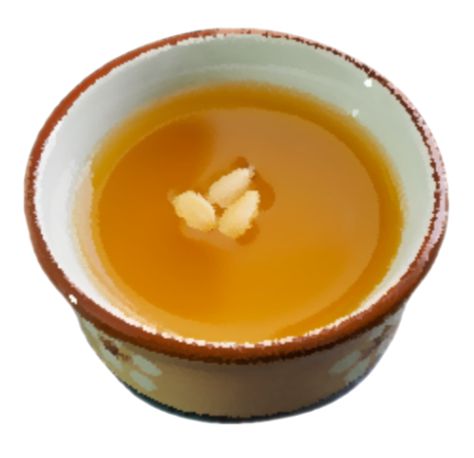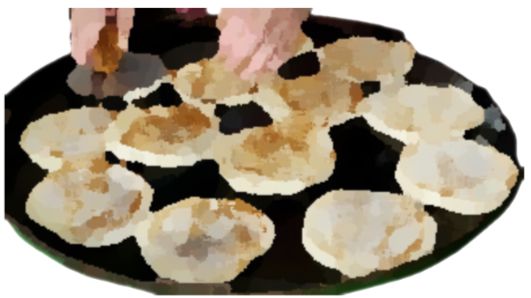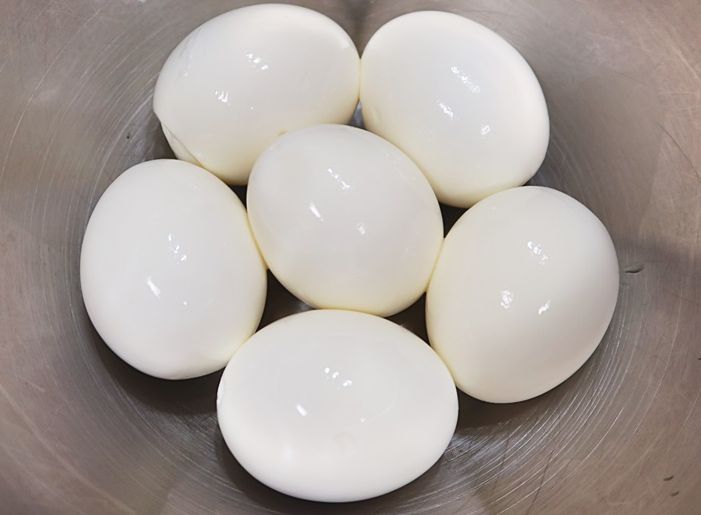Introduction: Korean cuisine is renowned for its rich flavors and diverse range of dishes, and the realm of desserts is no exception. With an increasing interest in plant-based lifestyles, Korean vegan desserts have emerged as a delightful and guilt-free alternative for those seeking cruelty-free and sustainable treats. In this blog post, we will take a delectable journey through some of the most mouthwatering and innovative Korean vegan desserts that cater to both vegans and dessert enthusiasts alike.
- Traditional Korean Vegan Desserts: a) Gyeongdan (계란): Gyeongdan, also known as “rice cake balls,” is a beloved traditional Korean dessert that comes in various flavors and colors. Made from glutinous rice flour and sweet fillings, such as red bean paste or sesame seeds, Gyeongdan showcases the heartwarming simplicity of Korean dessert culture while being entirely vegan-friendly.
b) Sujeonggwa (수정과): Sujeonggwa is a refreshing traditional beverage and dessert rolled into one. This sweet cinnamon punch is typically infused with persimmons, ginger, and dried fruits, providing a burst of flavors with every sip. Served chilled, Sujeonggwa offers a delightful way to conclude a meal or to beat the summer heat.

- Modern Vegan Dessert Innovations: a) Vegan Bingsu: Bingsu, a popular Korean shaved ice dessert, has undergone a vegan makeover to accommodate the growing demand for plant-based alternatives. Instead of milk-based toppings, vegan bingsu features a base of shaved ice topped with fresh fruits, fruit syrups, and nut-based milks, creating a luscious and guilt-free indulgence.
b) Sweet Potato Rice Cakes: In recent years, sweet potato rice cakes have gained popularity as a healthier vegan dessert option. These chewy and subtly sweet rice cakes are made from sweet potato starch and can be enjoyed plain or filled with vegan ingredients like red bean paste or nuts, making them a perfect snack or dessert.
- Vegan Street Foods: a) Hotteok (호떡): Hotteok, a beloved Korean street food, has been reimagined to cater to the vegan community. Traditionally filled with sweet fillings like brown sugar and nuts, vegan hotteok uses plant-based alternatives to create the same mouthwatering experience without compromising on taste.

b) Yanggaeng (양갱): Yanggaeng, a jelly-like dessert, has become a vegan favorite due to its adaptability. Made from various plant-based ingredients, such as agar-agar, sweeteners, and fruits, Yanggaeng is a delightful and refreshing treat often enjoyed during hot summer days.
Conclusion: Korean vegan desserts bring together the best of both worlds: the time-honored traditions of Korean cuisine and the modern embrace of ethical and sustainable choices. Whether it’s the traditional Gyeongdan or the innovative vegan bingsu, these desserts prove that going vegan doesn’t mean sacrificing flavor or cultural heritage. So, whether you’re a committed vegan or simply looking to try something new, exploring the world of Korean vegan desserts promises to be a delightful and unforgettable experience for your taste buds. Embrace the flavors, indulge in the goodness, and savor the joy of guilt-free indulgence!
